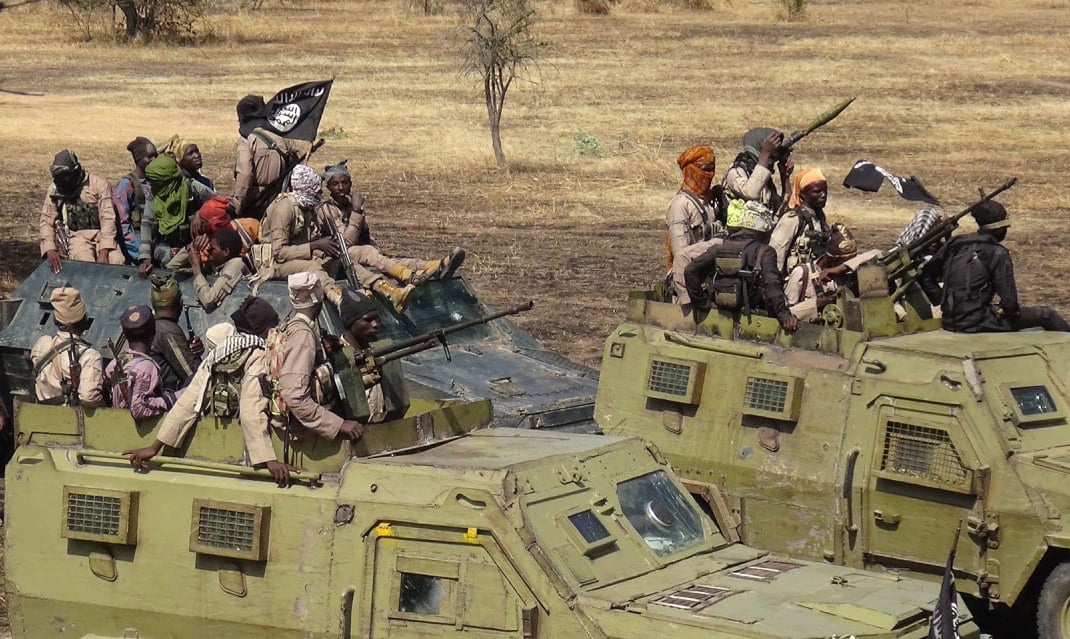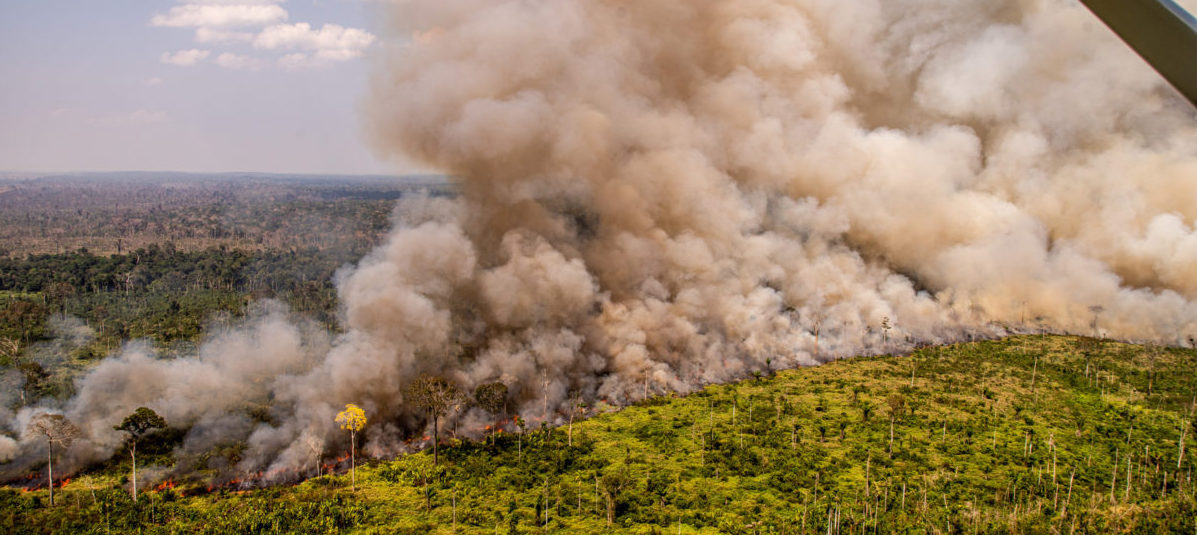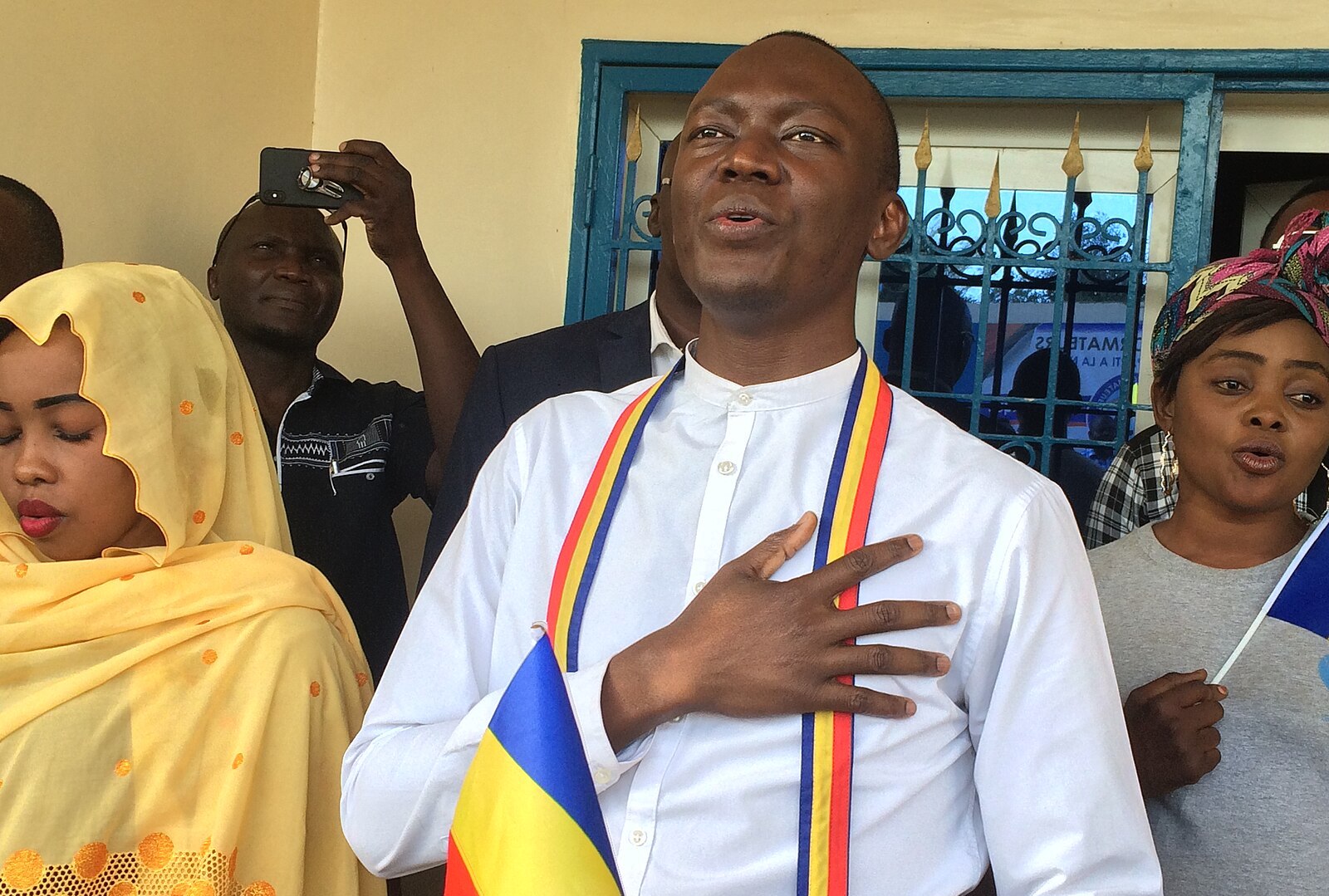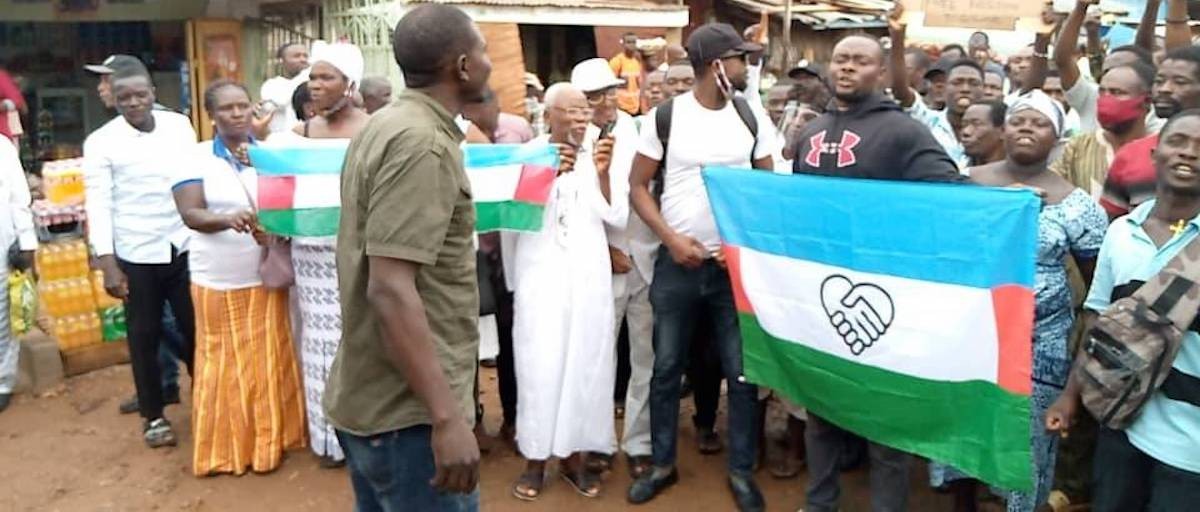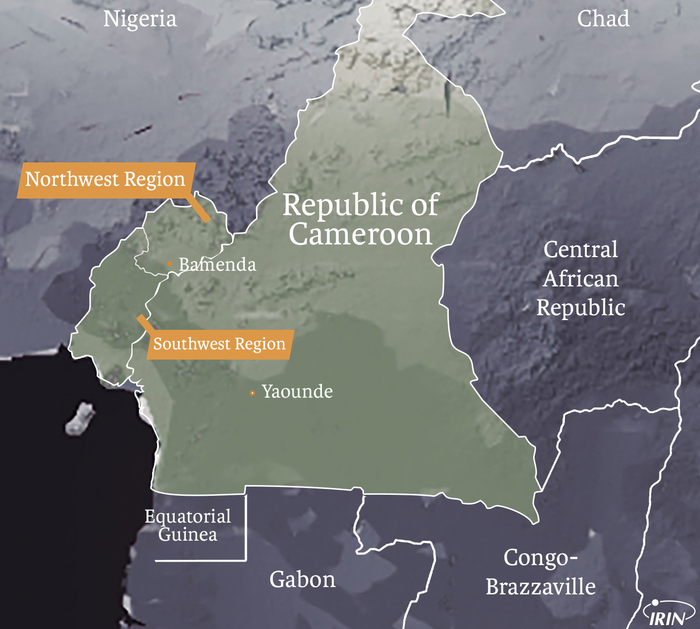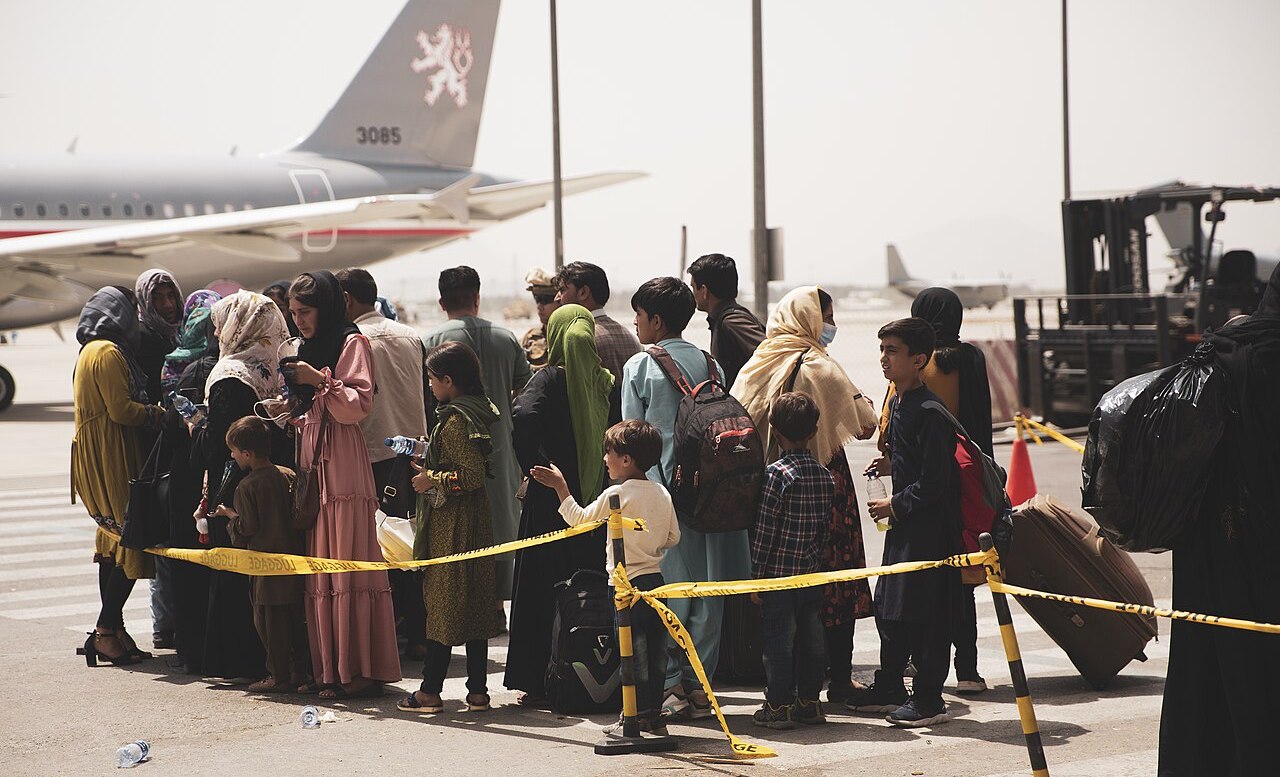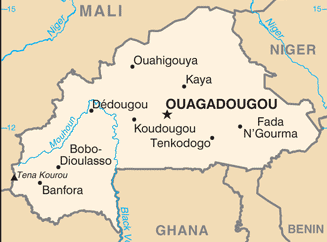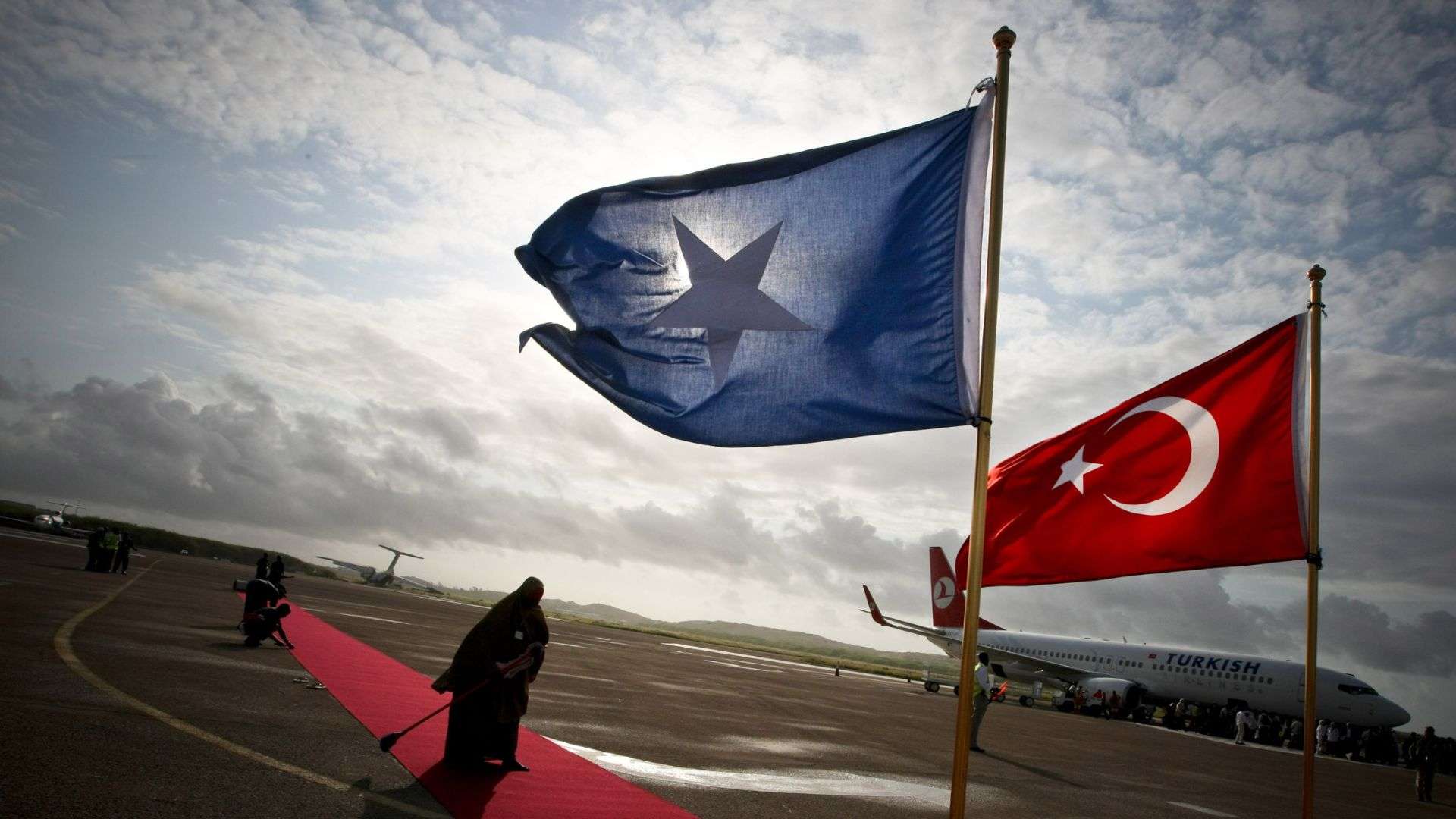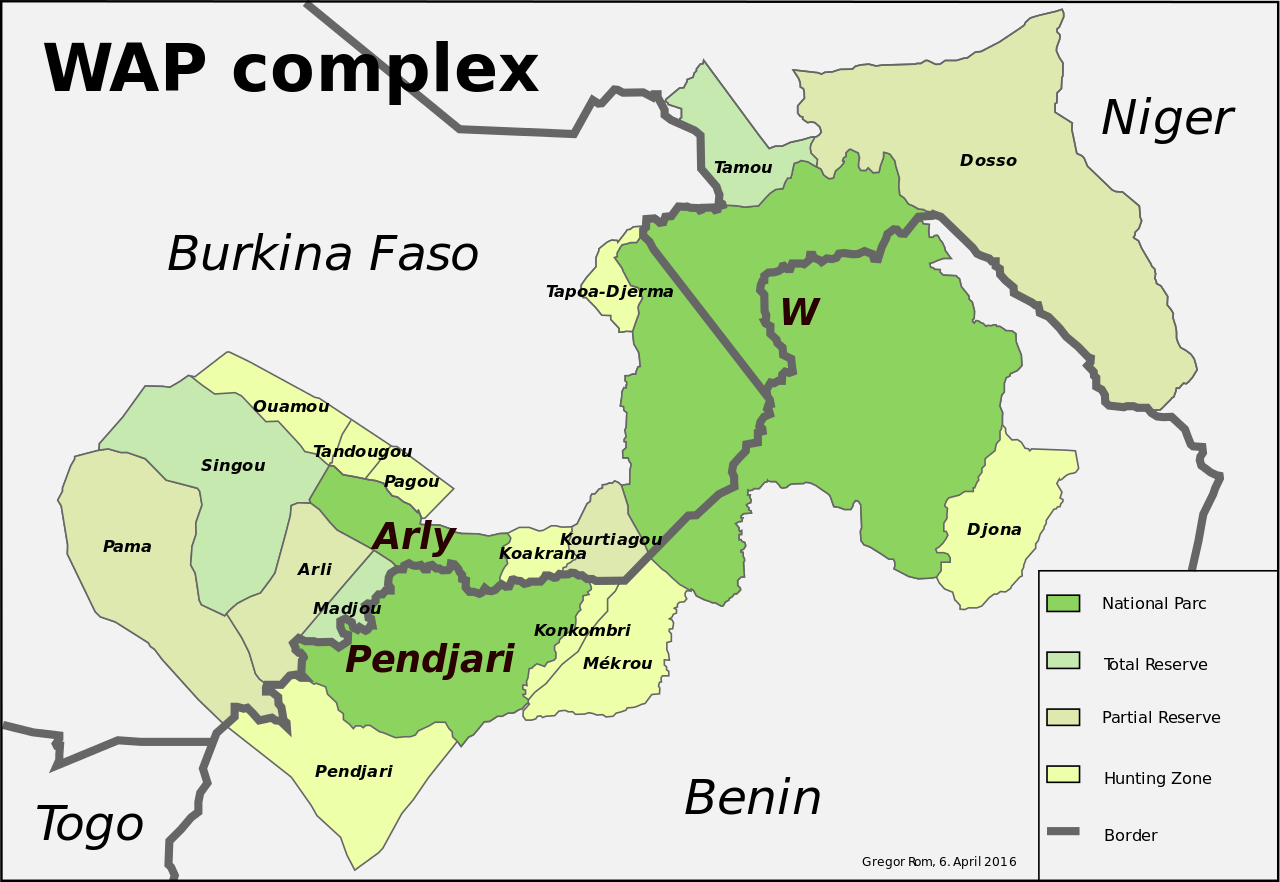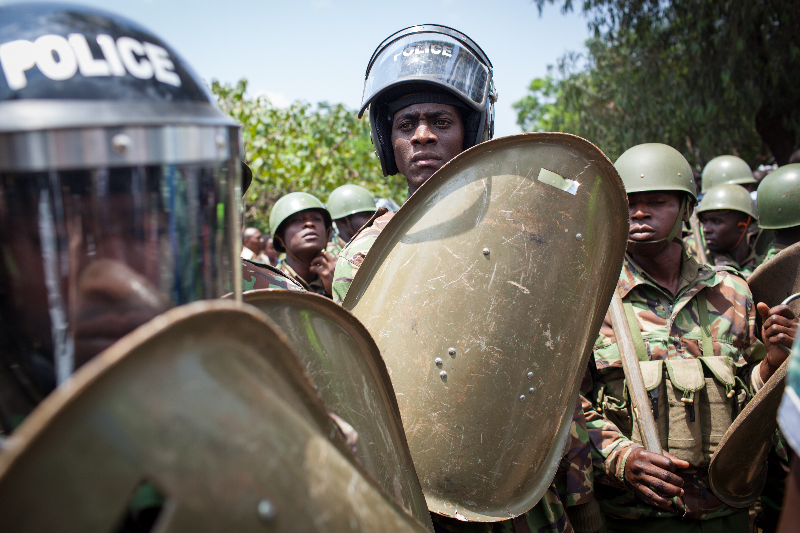
Kenya: anti-police protests met with repression
Police in the Kenyan capital, Nairobi, lobbed tear-gas and clashed with hundreds of demonstrators angered by the death in police custody of a 31-year old teacher, Albert Ojwang, after he was accused of having “insulted a senior person on X” (a high-ranking police officer). Police initially claimed Ojwang had committed suicide but have been forced to apologize after an autopsy contradicted their account. The protests coincided with the reading in parliament of the latest budget—nearly one year after the passage of a controversial budget galvanized youth protests that forced President William Ruto to veto the legislation, fire his cabinet, and invite opposition into government. Fearful of a repeat, the Kenyan authorities are prosecuting a young woman, Rose Njeri, for creating a website to facilitate public commentary on the bill. (Photo: Amnesty Kenya via PolicingInsight)



